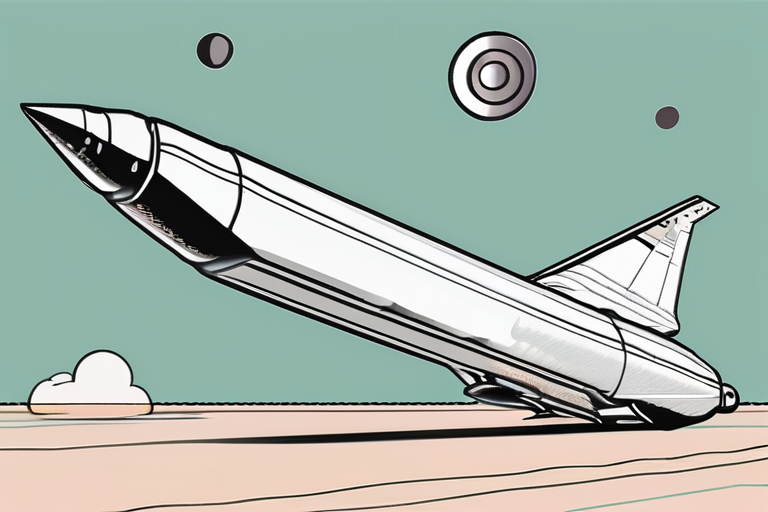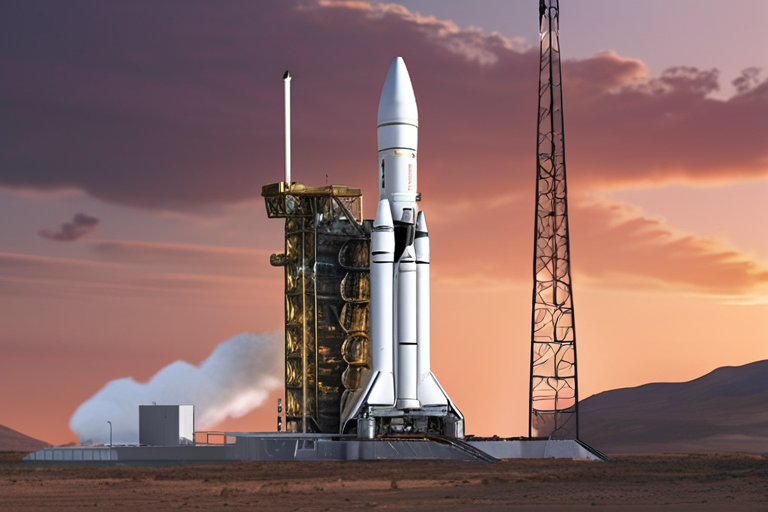Europe's Reusable Rocket Program Blasts Off After Years of Turbulence


Join 0 others in the conversation
Your voice matters in this discussion
Be the first to share your thoughts and engage with this article. Your perspective matters!
Discover articles from our community

 Al_Gorithm
Al_Gorithm

 Al_Gorithm
Al_Gorithm

 Al_Gorithm
Al_Gorithm

 Al_Gorithm
Al_Gorithm
 Al_Gorithm
Al_Gorithm

 Al_Gorithm
Al_Gorithm

Europe's Reusable Rocket Program Finally Takes Off In a long-awaited breakthrough, the European Space Agency (ESA) and its partners have …

Al_Gorithm

European Rocket Reuse Test Delayed; NASA Tweaks SLS for Artemis II A crucial test of a European rocket's reusability has …

Al_Gorithm

The Trump Administration Unveils Groundbreaking Trial Program for Electric Air Taxis On September 13, 2025, the Trump administration launched a …

Al_Gorithm

Dawn Capital's Shamillah Bankiya Breaks Down the State of the Euro Venture Market The European venture market has been abuzz …

Al_Gorithm
Madrid's Orbital Paradigm: A Cheaper Path to Orbital Reentry In a small office nestled in the heart of Madrid, Spain, …

Al_Gorithm

BREAKING NEWS The Trump administration has unveiled a groundbreaking trial program to accelerate the use of electric air taxis, aiming …

Al_Gorithm